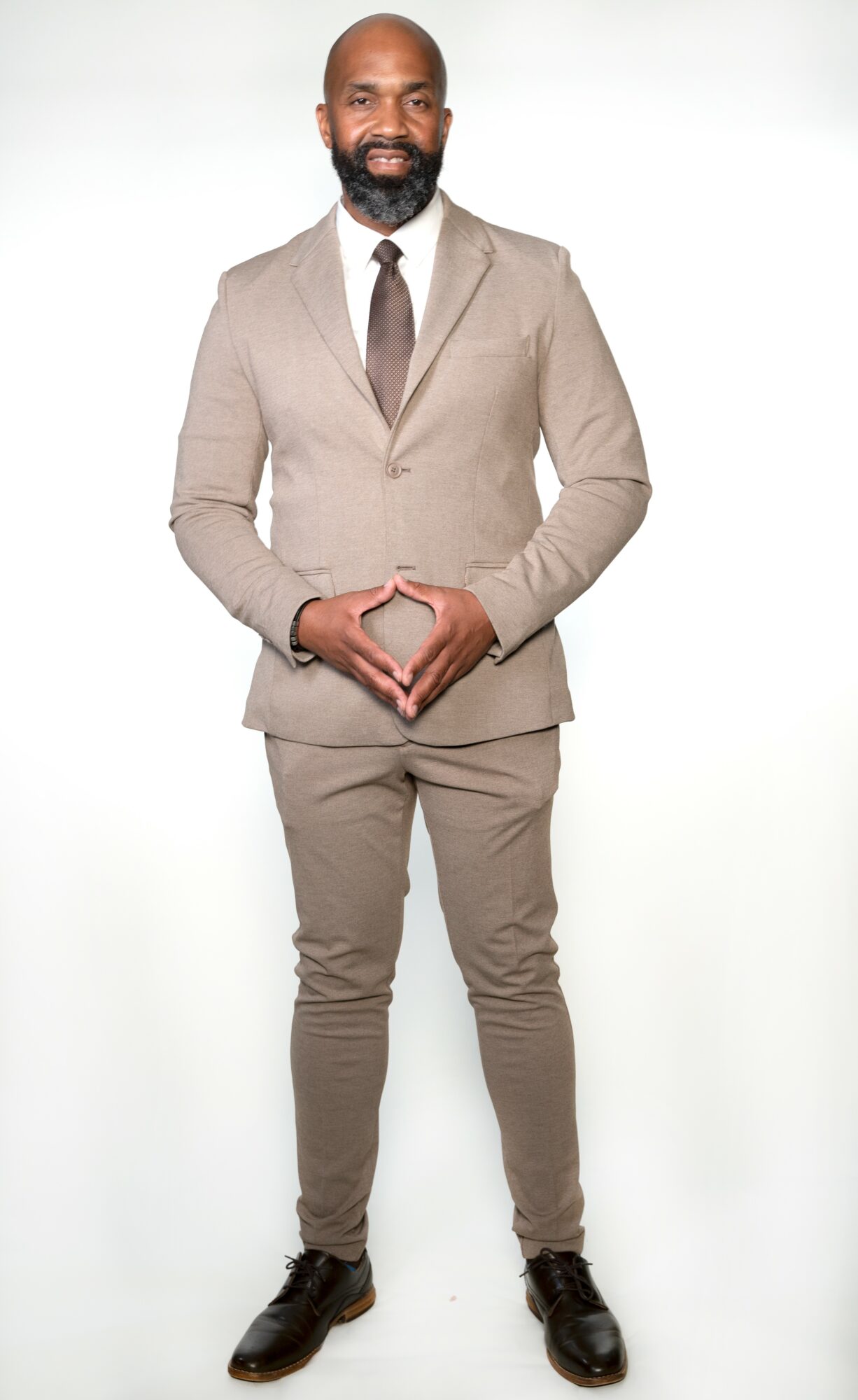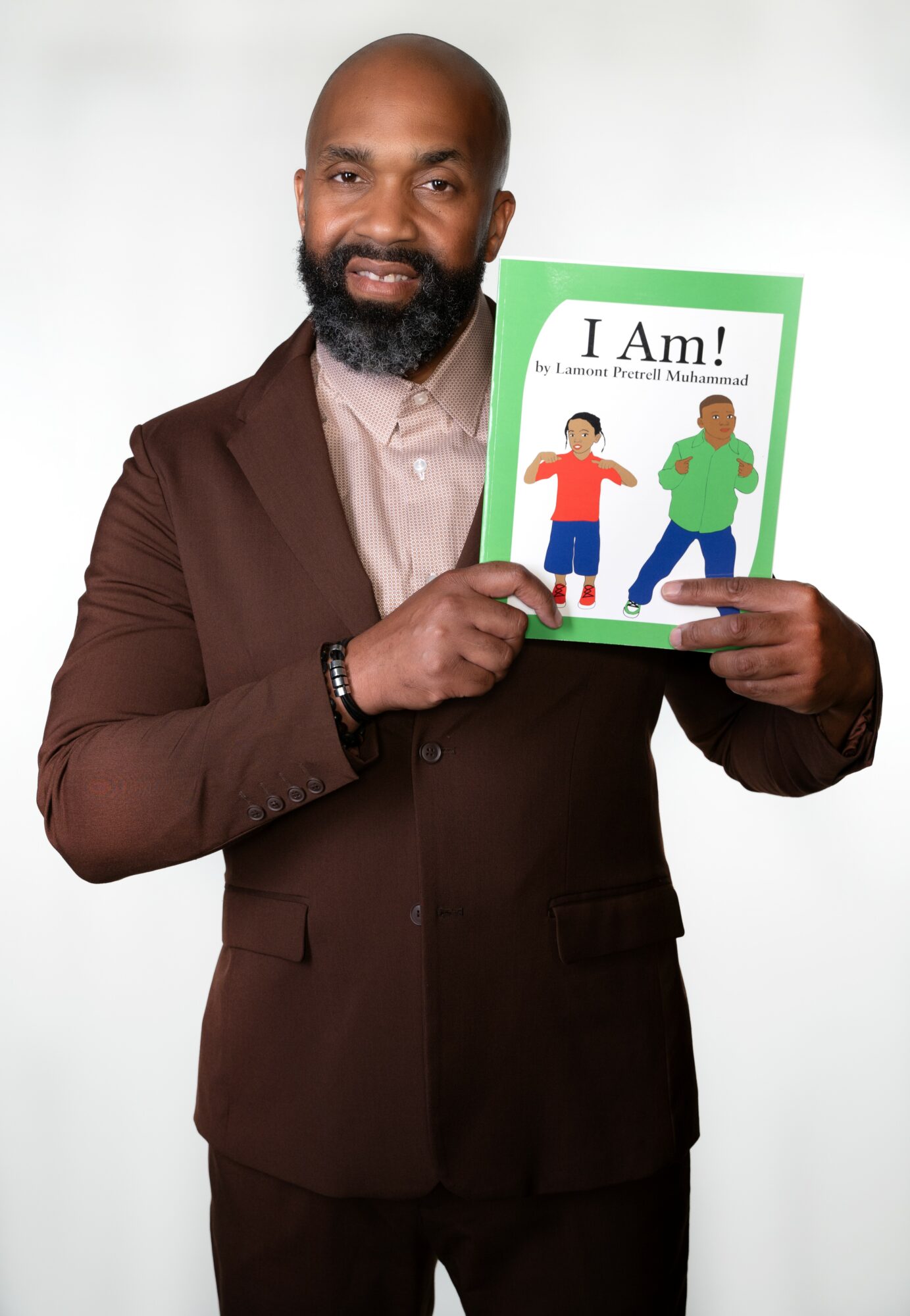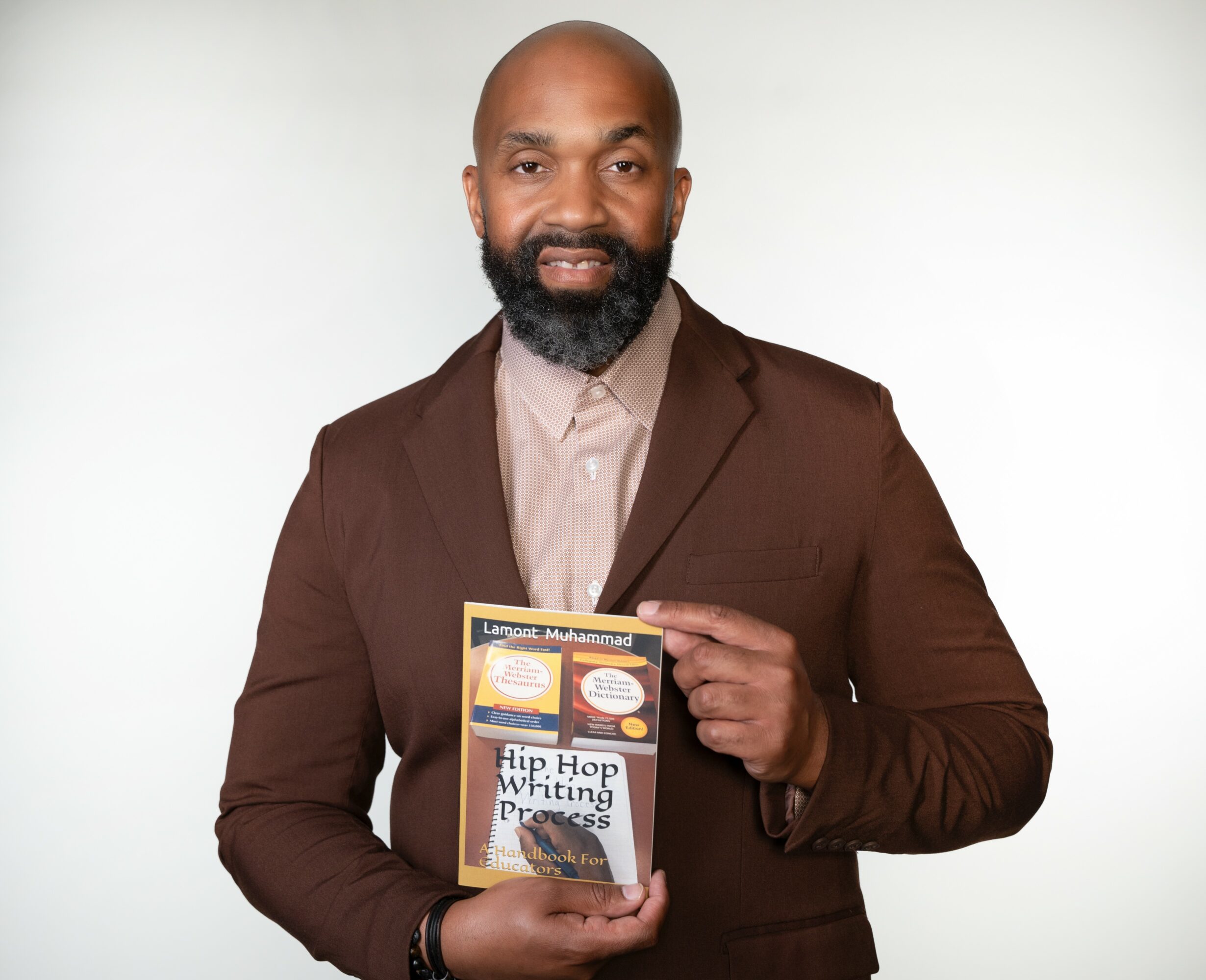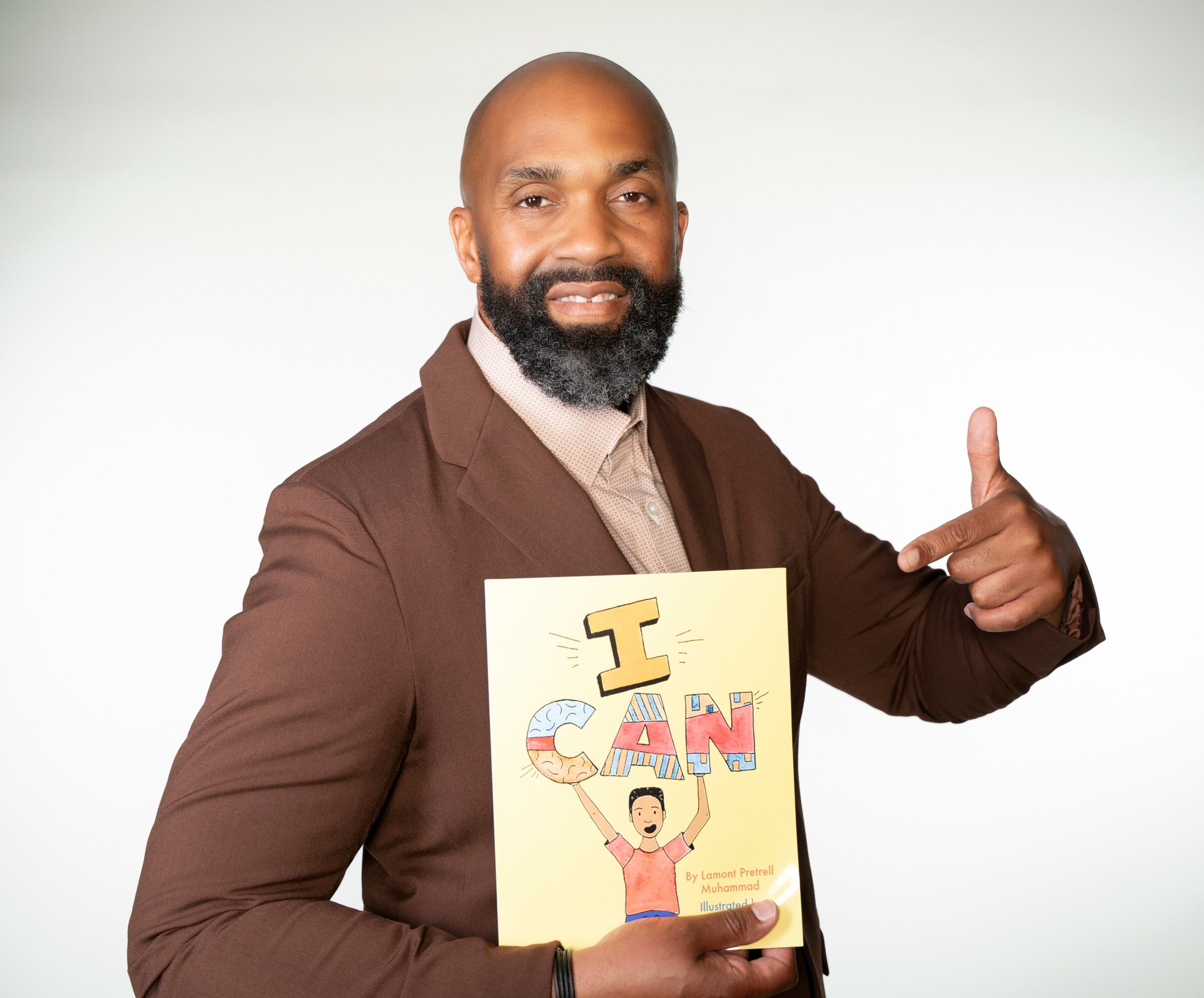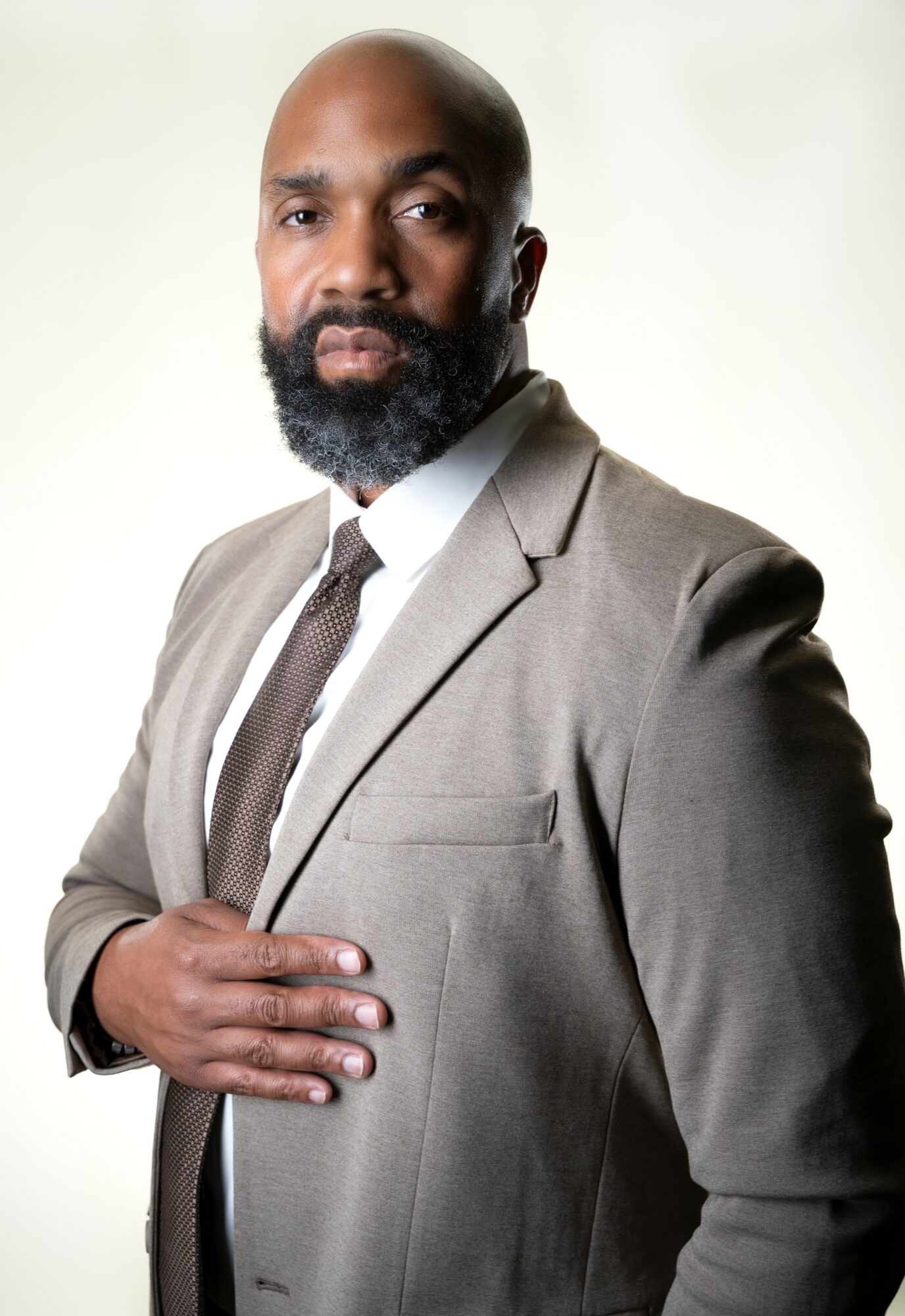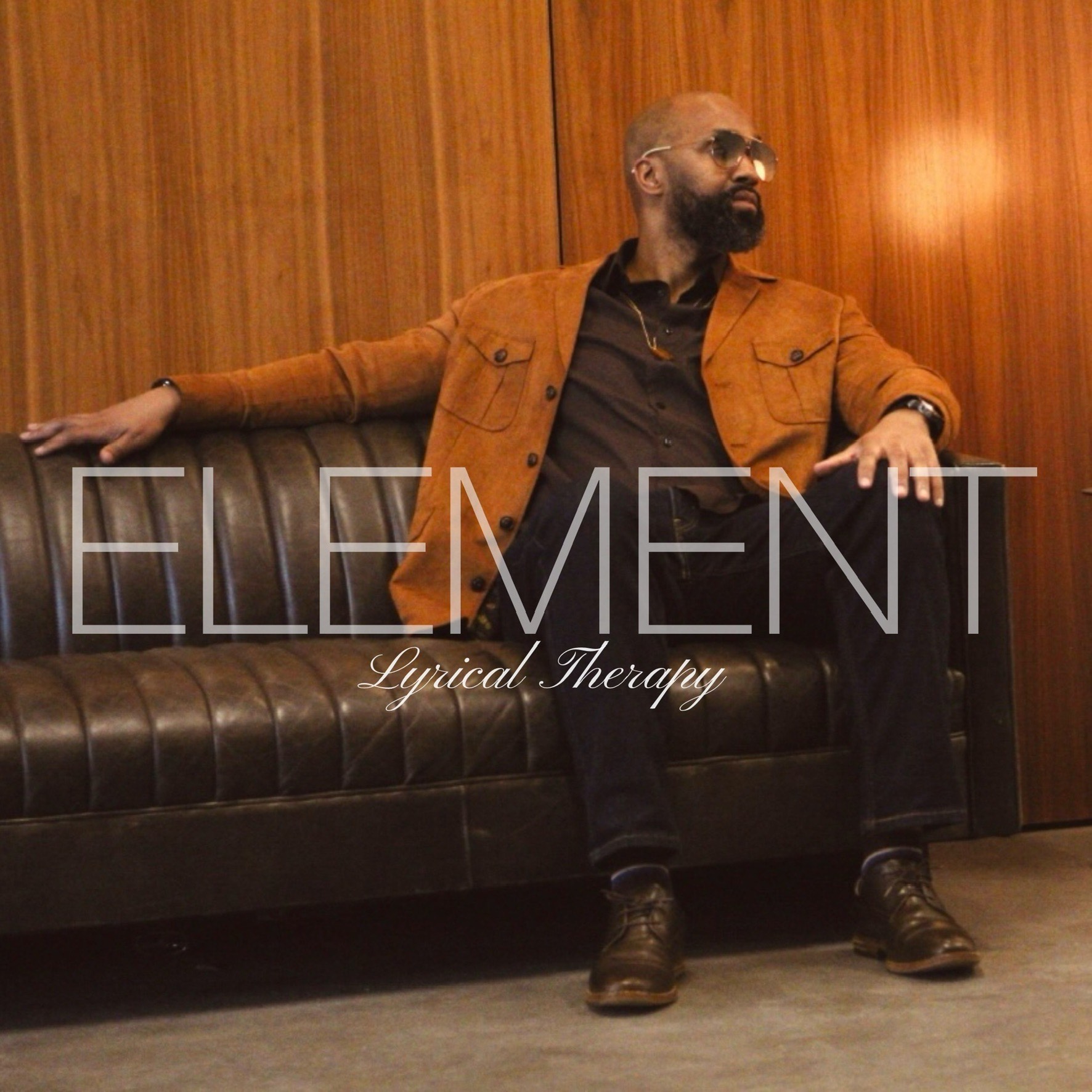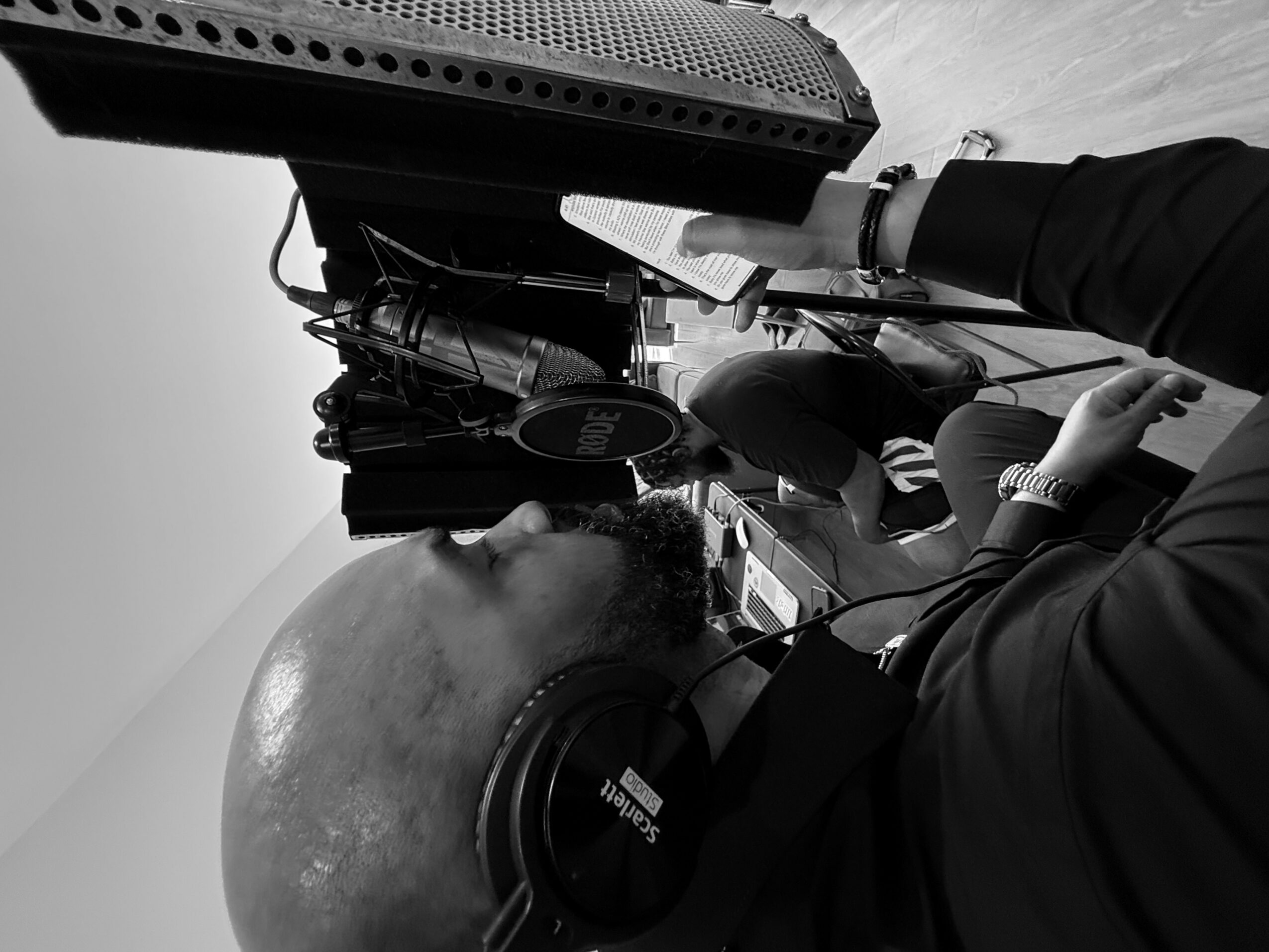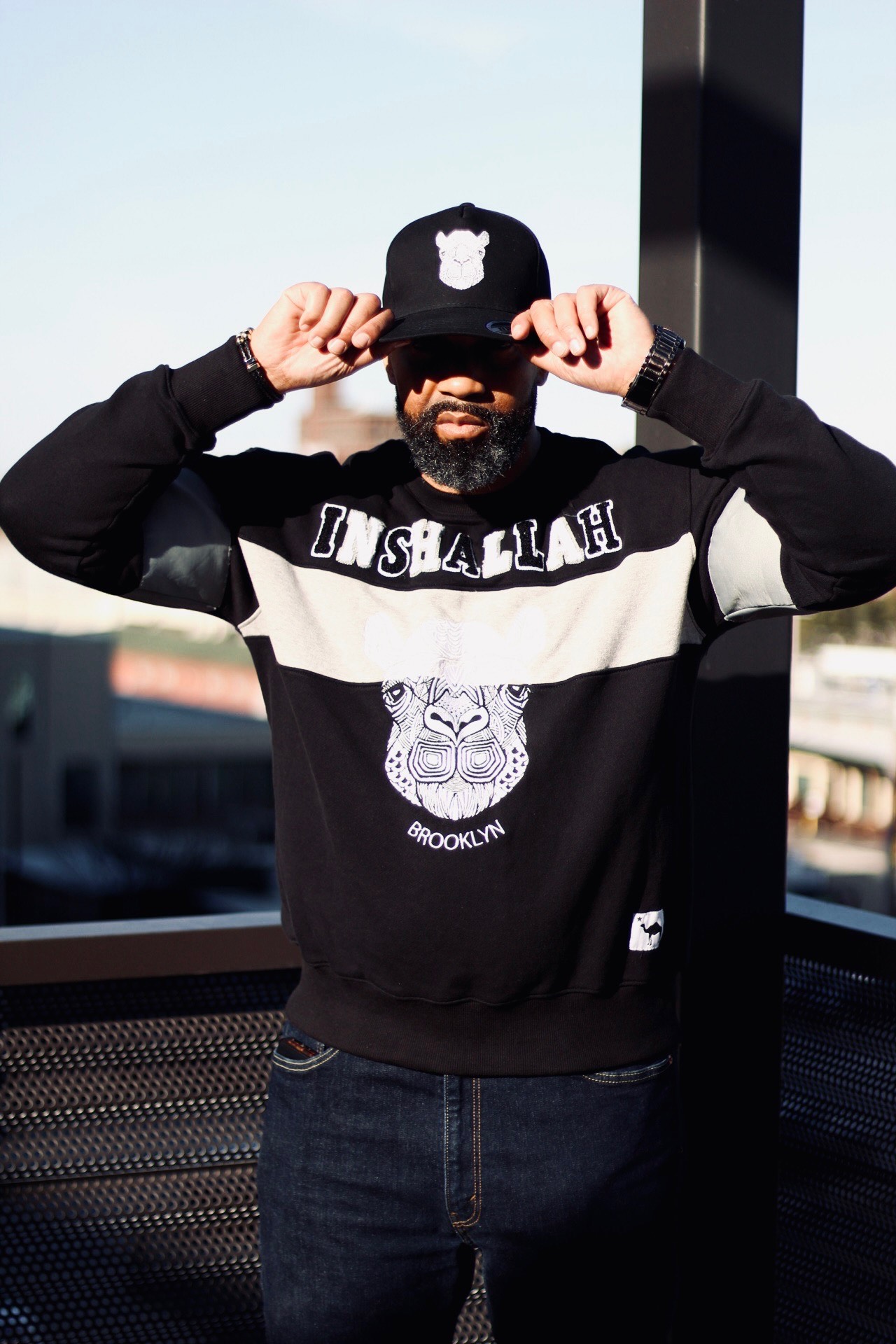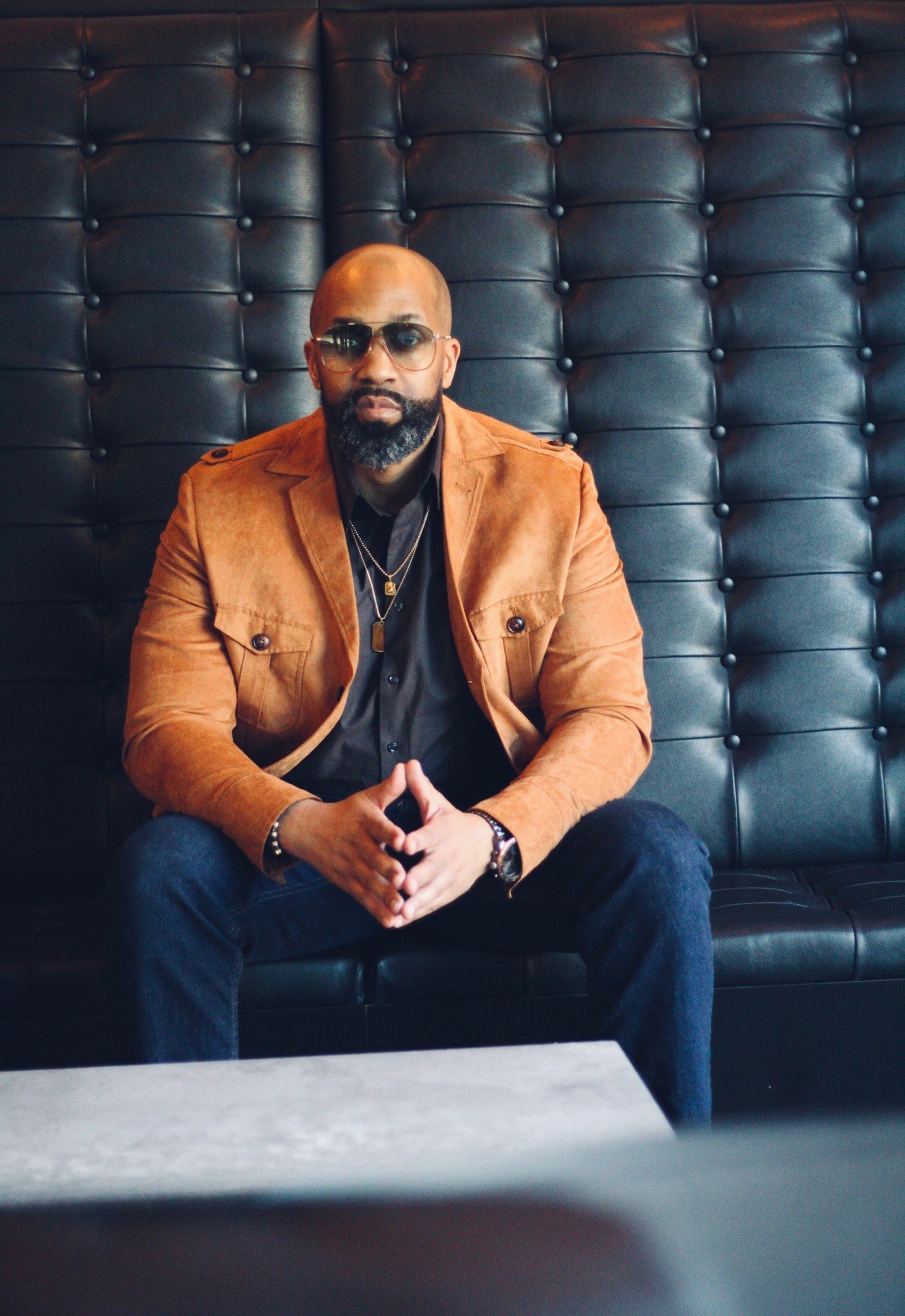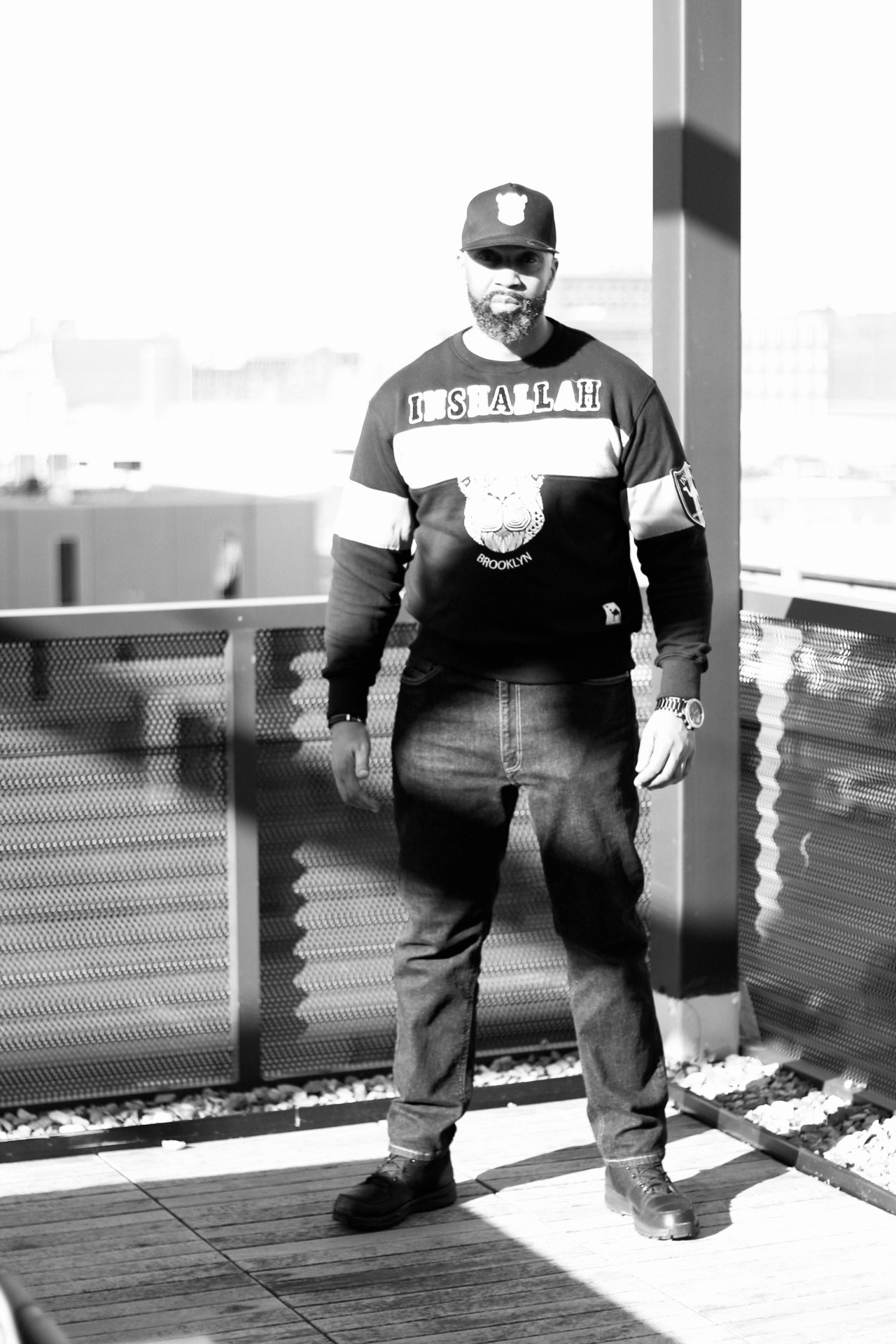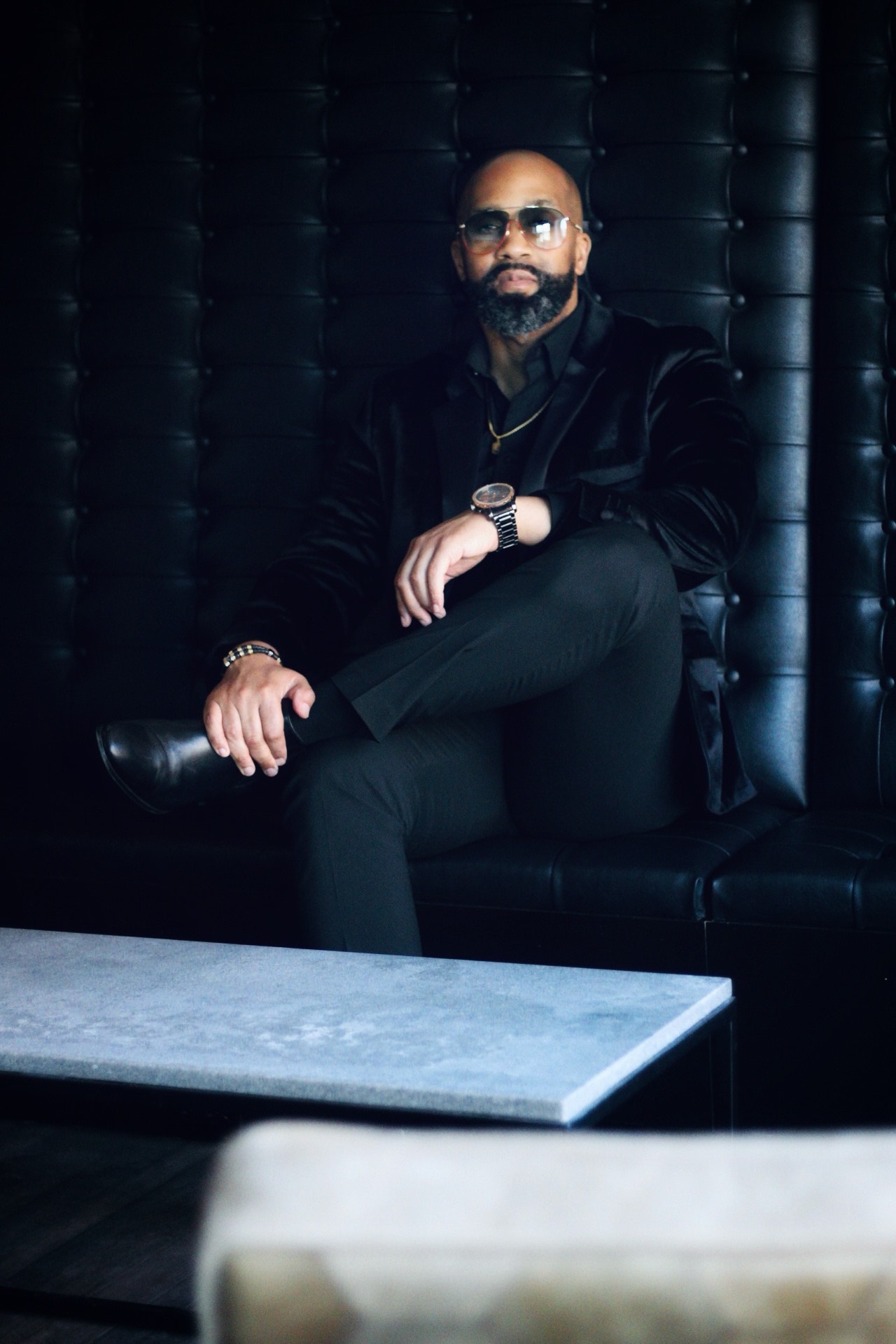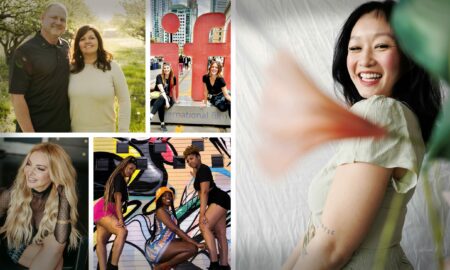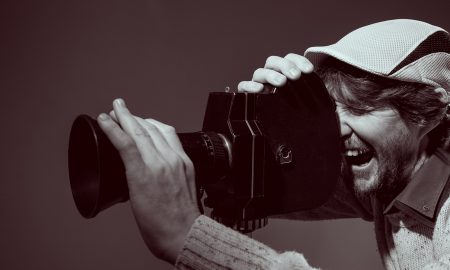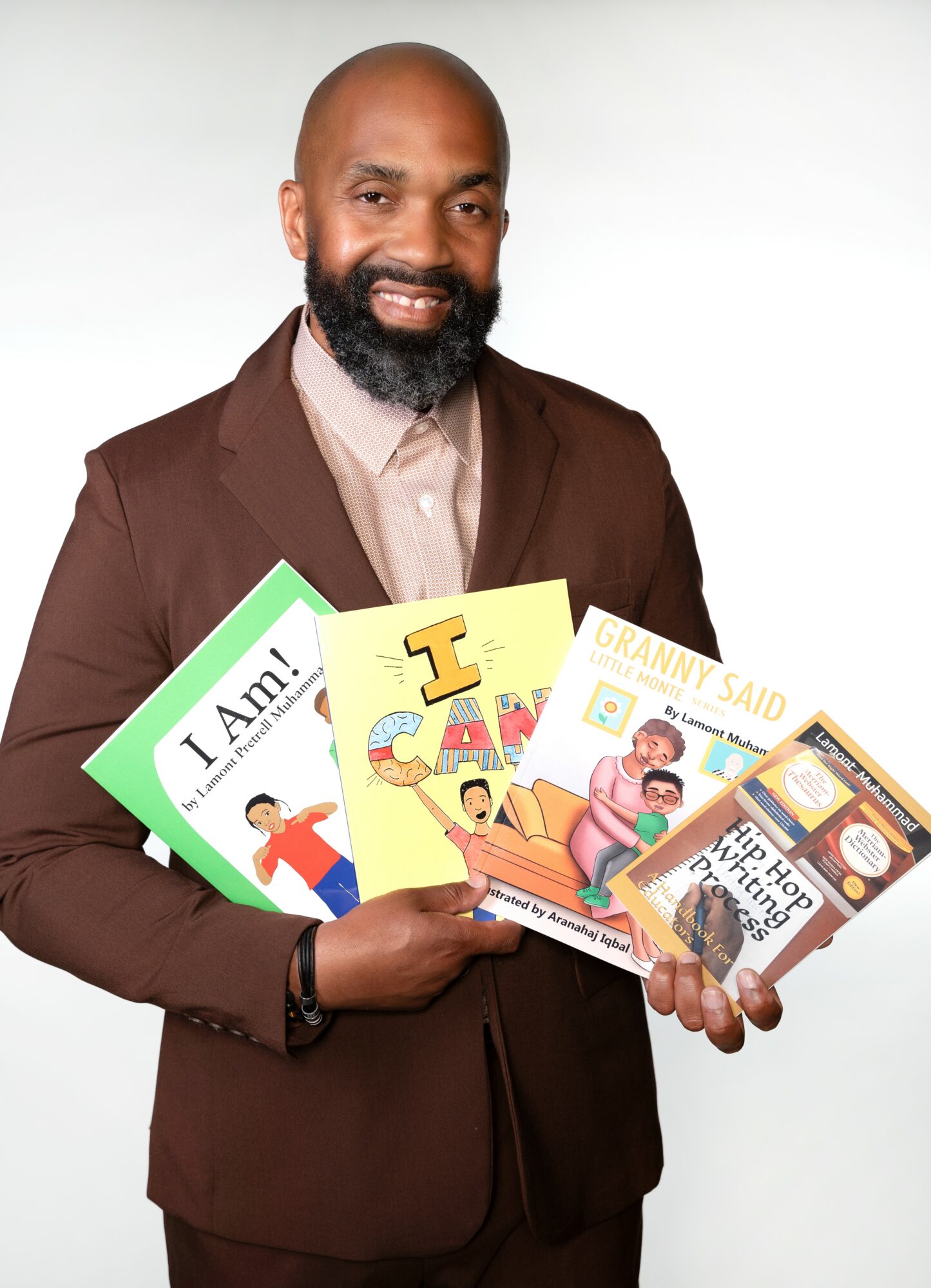

Today we’d like to introduce you to Lamont Muhammad.
Hi Lamont, so excited to have you with us today. What can you tell us about your story?
I was born to Bridgette Jenkins and Lorenzo Williams. My mother was only 15 when she became pregnant with me. After giving birth, she began experimenting with drugs and partying. Her mother, my grandmother, took me in, telling my mom to leave me in her care while she went out to explore the world. My mom did just that. Unfortunately, she eventually became addicted to crack cocaine and heroin, which ultimately led to her imprisonment. My father, too, was incarcerated as a teen. A cycle of drugs, crime, and incarceration defined their lives.
When I was around eight, my grandmother passed away. My two siblings and I were then placed in the care of my mother’s biological father and his girlfriend. Due to the lifestyle, my grandfather was leading at that time, his girlfriend became our primary caregiver. Through their struggles, she remained a constant presence in our lives and became our foster guardian when the state of California labeled us as wards of the court. We affectionately came to know and love her as our grandmother.
Growing up, I was always drawn to Hip Hop. I often say that Hip Hop was one of my teachers—not because I know every artist’s lyrics, profile, or history, but because I marveled at the artistry. I would watch Yo! MTV Raps, where Fab Five Freddy played music videos that I refer to as “visual audiobooks.” I studied each one, memorized the lyrics, and tried to mimic their styles. While most of these artists were from other regions, especially New York, my Bay Area surroundings had its own distinct sound. Artists like E-40 and Too Short were hustling and selling music out of their trunks, which fascinated me. I was magnetized by the heavy 808s that pounded from muscle cars like Chevys and Cutlasses. The bass would vibrate from the car’s system so heavily that it made the windows shake, and this became the soundtrack to my life.
Like many boys, I was also drawn to sports. I loved basketball and aspired to play football. I participated in these sports during my teens, but eventually, the allure of the streets drew me in. I wasn’t a fan of school, especially during high school, and in all honesty, I cut classes more often than I attended. My education continued, however, in alternative environments, including a stint in a juvenile detention center and a boys’ ranch. Later, due to a lack of credits, I graduated from an alternative high school.
A year after high school, I moved with my mother to Rock Island, Illinois. To keep the story short, I later moved to Iowa to surround myself with a more spiritually aligned community. There, I married, had children, and earned my bachelor’s degree in Elementary Education. I went on to earn a Master’s Degree in K-12 Principalship from the University of Northern Iowa (UNI) and later completed my Doctorate in Education with a focus on Curriculum and Instruction from UNI.
In my early years as an educator, I also began processing my life through lyrics. I wanted to make sense of my experiences—from the absenteeism of my parents to how my identity was being shaped by those gaps. Beats and notebooks became my safe space. I began writing, recording, and performing my lyrics. These Hip Hop projects became my form of lyrical therapy. I also used my love for rhythm and rhyme to create children’s books that mirrored the structure of a Hip Hop song. These books were written using rhyming sentences like verses, followed by affirmations that resembled a chorus or hook, and then more rhyming sentences, concluding with the affirmational rhymes.
As my career as a teacher evolved, I began seeking ways to merge my passion for Hip Hop with the classroom. I used Hip Hop to teach academic content, strategies, skills, and positive behavior principles.
In 2017, Dr. Shuaib Meacham, who would later become my doctoral advisor, asked me to help create and write the curriculum for what we called Hip Hop Summer School. For six weeks each summer, we taught students how to write, record, and perform their lyrics. We eventually expanded this into Hip Hop Literacy, an after-school program. Although I no longer serve in Iowa, I continue to consult and write the curriculum for Hip Hop Summer School, which is still running today.
Currently, my work in Hip Hop Literacy continues in Kansas City, where I serve as the Dean of Culture at the Academy for Integrated Arts (AFIA), an arts-integrated school. At AFIA, I also implement an intensive writing unit for Hip Hop Literacy. Students learn to write lyrics, create songs, and perform them.
Additionally, I’ve extended professional development to educators, teaching them how to incorporate lyric writing into their classrooms through educational conferences like Amplify.
I’ve recently partnered with Routledge Publishing to write my story. My book, Lyricism as Educational Transformation: The Writing Identity of a Hip Hop Educator, will be released later this year, in late summer or fall.
I’m sure it wasn’t obstacle-free, but would you say the journey has been fairly smooth so far?
At this point in my journey, I’d say the road has unfolded exactly as it was divinely planned. Life has flowed through its natural cycles—moments of ease followed by challenges, and more challenges followed by periods of ease. The smoothness of the journey is really defined by what we perceive as struggle. So yes, there have been times when it felt more like a climb, and other times when it felt like I was coasting smoothly.
Connecting with my purpose has helped me see how I’ve been shaped by everything I’ve gone through—molded by both internal and external forces. There were times when the absence of my parents felt like a struggle. But those experiences have contributed to who I am now. I get to show up for those who’ve lived similar stories and help others understand lives shaped by those stories.
As an educator, I’ve faced struggles too, particularly being in a system that wasn’t necessarily designed with people like me in mind. Growing up in the Bay Area made me fluent in Ebonics, or African American Vernacular English, and that’s a key part of my identity. Navigating spaces that didn’t understand the story of a Black male with parents who were addicts and prisoners—alongside my love for Hip Hop—wasn’t always easy. Instead of trying to assimilate, I had to carve out my own space and write my own path and narrative, one that was outside the margins. That determination led to me becoming a Hip Hop Educator, an author, and a creator of programs like Hip Hop Literacy.
So no, it hasn’t always been smooth, but those productive struggles have made the journey feel worth it. In the end, I realize that’s just part of the cycle of life—smoothness and struggle, difficulty and ease.
Appreciate you sharing that. What else should we know about what you do?
My career spans a variety of fields where I’ve been able to merge my passion for education with my love for Hip Hop culture. I’ve had the privilege of serving in roles such as an educator, author, administrator, educational consultant, hip-hop artist, and public speaker. Currently, I’m the Dean of Culture at the Academy For Integrated Arts in Kansas City, Missouri, where I focus on nurturing the potential of young minds.
In addition to my work in education, I’m also the Co-Director of the Hip Hop Literacy 319 program and Hip Hop Summer School which began in Waterloo, Iowa; and has now expanded to the Kansas City area, where I currently reside. This program is designed to use students’ enthusiasm for Hip Hop as a vehicle for enhancing literacy, engagement, and critical thinking skills, giving students—especially those from marginalized communities—an opportunity to express themselves through what they’re passionate about and share their stories.
As an author, I’ve written and published several books, including I AM, I CAN, and The Little Monte Series: Granny Said. I’ve also authored The Hip Hop Writing Process: A Handbook for Educators, which helps students explore the art of writing Hip Hop lyrics as a means of literacy and self-expression.
I earned my Doctor of Education (EdD) in Curriculum & Instruction from the University of Northern Iowa in 2022. My dissertation, The Writing Identity of a Hip Hop Lyricist and Educator: An Autoethnography, examines how writing rap or lyrics can shape the identity of historically marginalized youth. This work, along with my Master’s degree in Education (with a focus on K-12 Principalship and Special Education), and my Bachelor’s in Elementary Education, has fueled my drive to make education more inclusive, culturally relevant, and empowering for students.
Throughout my career, I’ve had the honor of holding several teaching and leadership positions, including elementary and middle school teacher, Assistant Principal, and Dean of Students in various school districts in Iowa. As previously mentioned, I currently serve as the Dean of Culture at the Academy for Integrated Arts in Kansas City. These roles have allowed me to impact students at various stages of their educational journey, guiding them to unlock their full potential.
As a co-director, my work with Hip Hop Literacy 319 and Hip Hop Summer School continues to inspire me. These programs combine literacy development and hip-hop culture to help students build critical thinking skills, foster academic success, and express themselves creatively. I believe in the transformative power of education, and through these initiatives, I strive to create spaces where students can see themselves reflected in the curriculum and feel empowered to excel.
Whether through my creative works in music, my writing, or my educational programs, I am committed to bridging the gap between education and popular culture. By using Hip-Hop, I aim to inspire students to embrace their own unique voices, develop their talents, and contribute to their communities in meaningful ways.
I firmly believe that every child has inherent gifts and talents waiting to be uncovered through innovative education. With the right guidance, true education, and leadership, I work to empower young individuals to unlock their full potential, enabling them to serve their community, nation, and the world.
What’s next?
My plans for the future are to continue the work I am doing while evolving the way I approach it. This year, I’m especially looking forward to the release of my book, Lyricism as Educational Transformation: The Writing Identity of a Hip Hop Educator. I believe it will have a significant impact, especially for educators who want to be culturally responsive in their service to students.
I will continue to write children’s books, create lyrics for therapy and leisure, and share my story. As I grow into a greater understanding of who I am—personally, spiritually, socially, emotionally, and professionally—I am focused on discovering my “why” and finding the wisdom and words to communicate it at each stage. The goal is to grow and positively impact others through my own growth.
One day, in the near future, I believe my work—through everything I’m involved in—will be the means by which I live and provide a life for myself. I hope to give of myself through my God-given gifts, not only to glorify the giver but also to offer something meaningful to those who can relate to my story.
All of my links to my socials are on my website: lamontpretrell.com
Contact Info:
- Website: https://lamontpretrell.com
- Instagram: https://www.instagram.com/dr_lamont_pretrell_muhammad
- LinkedIn: https://www.linkedin.com/in/dr-lamont-muhammad-ed-d-745bb326b
- Other: https://music.apple.com/us/artist/element-hip-hop/1802643244
